Everyone loves puppies. They are fluffy, sweet, and innocent. However, dogs require extensive care and a long-term commitment to supporting their growth and health. Before bringing a new puppy home, ensure you understand exactly what your pet will need and determine whether you have the time and resources to dedicate to their care. Our Lytle Veterinary Clinic team understands puppy care can be overwhelming, so we provide a crash course for new puppy owners or a refresher for experienced pet parents. Follow our puppy care checklist to help ensure your four-legged friend thrives during their first year.
#1: Prepare for your puppy’s arrival
Before you bring home your puppy, ensure you have all the supplies they need. Plan to confine your pup to only a small area while you work with them on their training, then expand their space as they prove trustworthy and learn right from wrong over time. Before you bring home your new four-legged friend, ensure you have these puppy essentials:
- Crate and puppy pen
- Bedding
- Soft, durable toys and chews
- Leash, collar, harness, and identification (ID) tags
- High-quality puppy food
- Training treats
- Food and water bowls
- Cleaning supplies
- Waste pick-up bags
#2: Take your puppy to the veterinarian
Puppies need frequent checkups to ensure healthy development. After allowing your new pup a few days to acclimate to your home, bring them to their first veterinary appointment. Vaccinations should begin when a puppy is around 6 to 8 weeks of age. Our Lytle Veterinary Clinic team customizes your dog’s vaccination schedule to complement their expected lifestyle. Puppies also need regular deworming, parasite checks and preventives, and comprehensive physical examinations during their first few months. After puppy vaccinations are complete, plan to visit our team at least once annually.
#3: Socialize your puppy
Socialization is the process of exposing puppies to and helping them form positive associations with new people, places, objects, and experiences. The process starts while they are still with their mother and littermates, and continues into adulthood. The optimal time to socialize puppies, during which they are most receptive to new experiences, is when they are between 3 and 16 weeks of age. Try to take your puppy to as many places as possible, but remember to introduce them to new situations gradually and ensure their experience remains positive.
Puppy classes are a great way to introduce your puppy to other dogs and specifically focus on socialization and play rather than on training only. To help you remember all important considerations, an instructor will typically provide you with socialization items you and your puppy should practice at home.
#4: House and crate train your puppy
When your puppy is very young, focus on house and crate training. These go hand in hand, because a puppy who is comfortable in their crate is far less likely to have accidents while you are away or cannot directly supervise them. Plan to take your puppy out to eliminate every two to three hours and gradually extend that time as they develop better bladder muscle control. When your puppy urinates or defecates outside, immediately shower them with praise and high-value treats, waiting until they come back inside will only confuse them.
#5: Spay or neuter your puppy
Female spaying and male neutering procedures are elective surgeries that remove reproductive organs and reduce hormone production. These procedures reduce cancer risks and limit hormone-driven behaviors such as wandering away from home. The optimal time for a spay or neuter procedure depends on your dog’s expected adult size and may range from 6 months to older than a year.
#6: Create a daily puppy routine
Training is easiest when you develop and stick to your pup’s daily routine. To keep feeding and walking times relatively consistent, you may need to ask for help from friends or family members. Incorporate daily training and play sessions to stimulate your pup’s mind, exercise to burn excess energy, and naps and cuddles to reinforce your bond and allow for restorative rest.
#7: Prepare for your puppy’s future
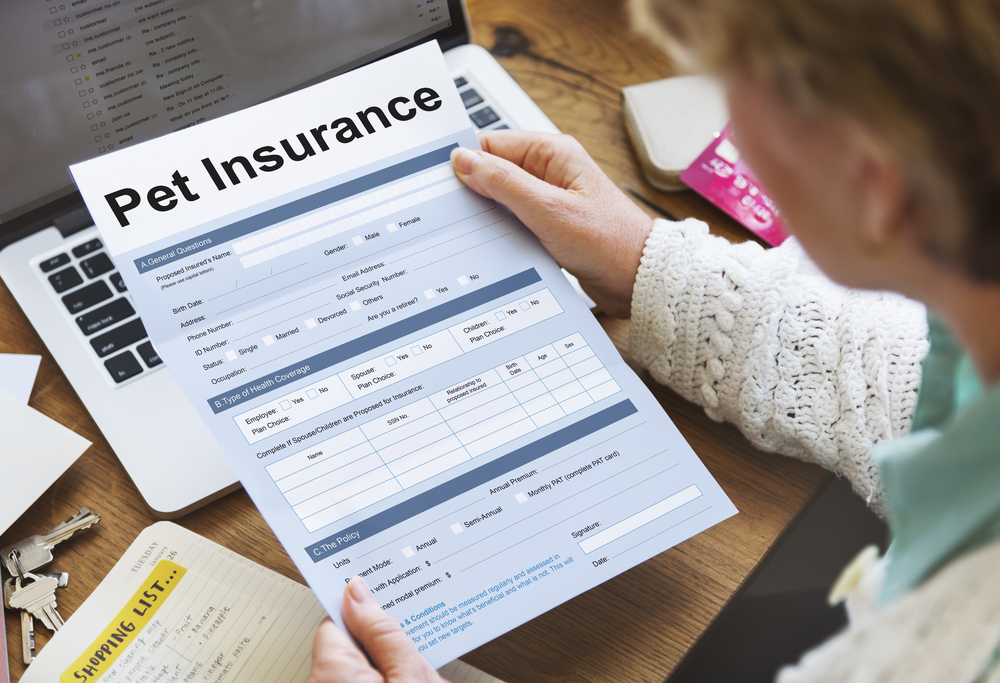
Most dogs live around 10 to 15 years, requiring your long-term personal and financial commitment. Consider purchasing a health insurance policy for your puppy when they are still young. Pet health insurance helps cover unexpected veterinary expenses throughout your dog’s life. The younger your pup is when you purchase a policy, the fewer conditions an insurance company will exclude as pre-existing, and the better your overall coverage will be. Our team can recommend reputable pet health insurance brands.
Although puppy care seems overwhelming initially, our Lytle Veterinary Clinic team is here to guide you through every step of your new pup’s first year. Schedule your puppy’s first veterinary visit and learn more about recommended puppy and adult dog health services.


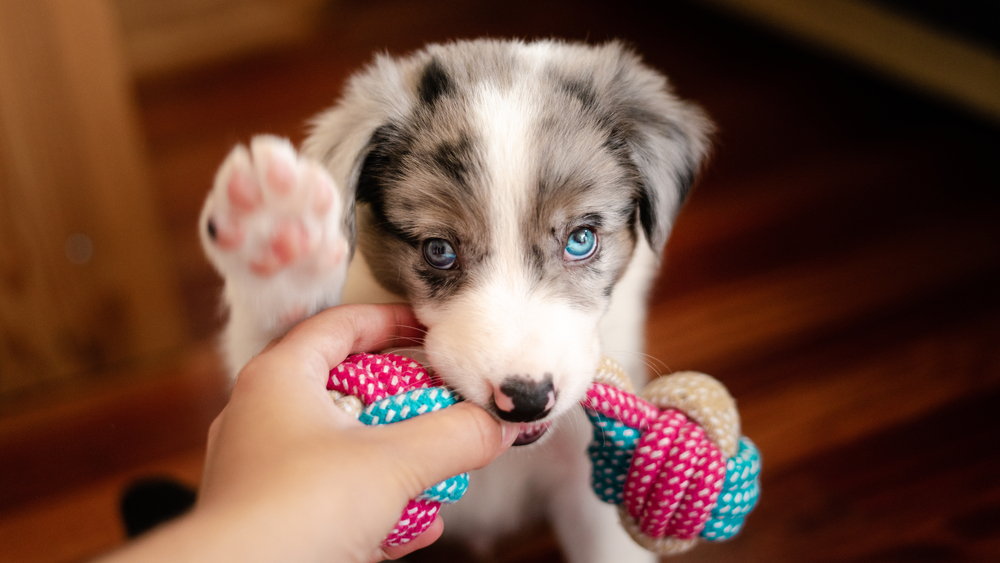
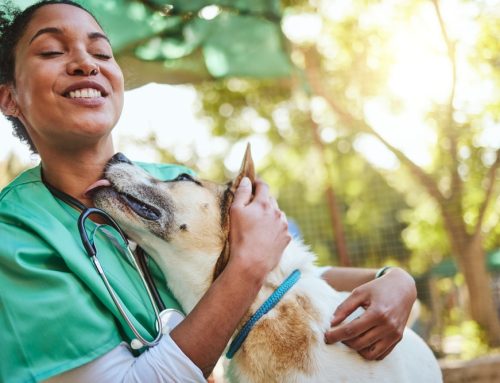
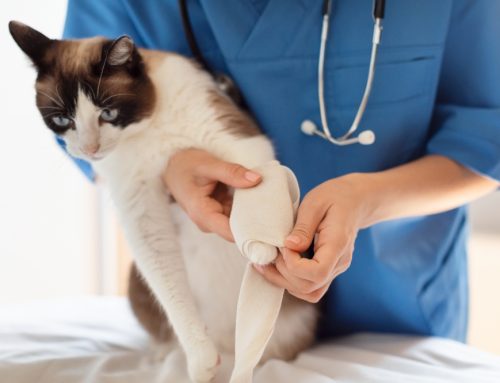
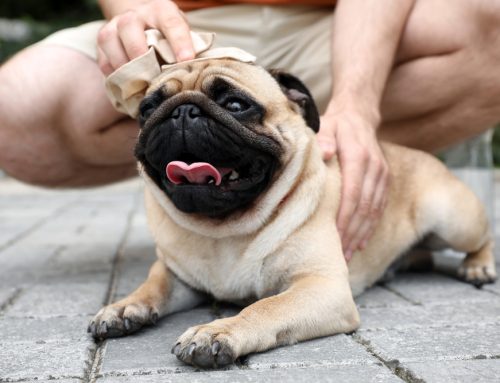
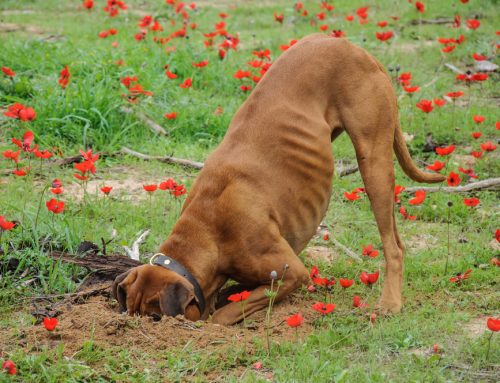
Leave A Comment